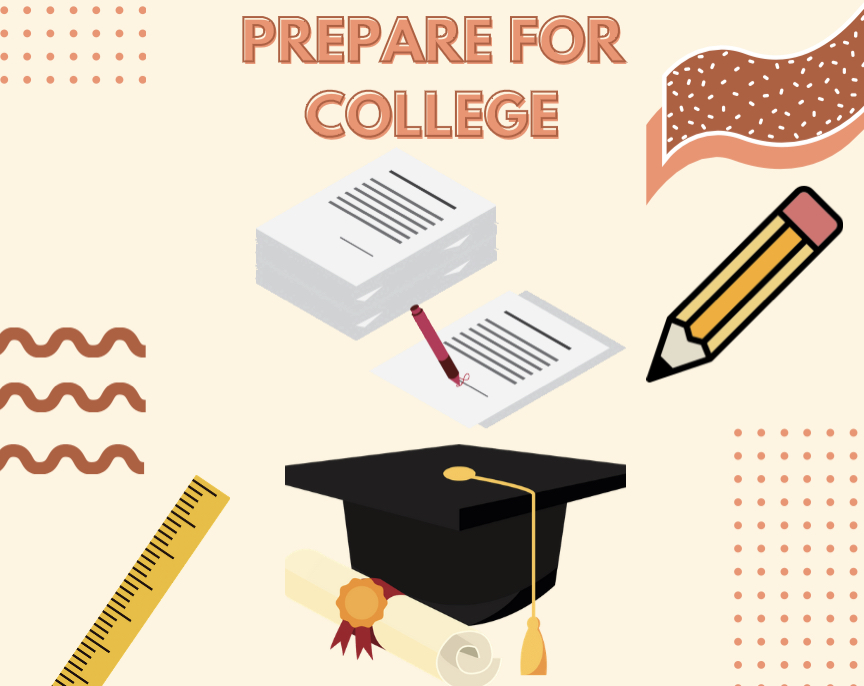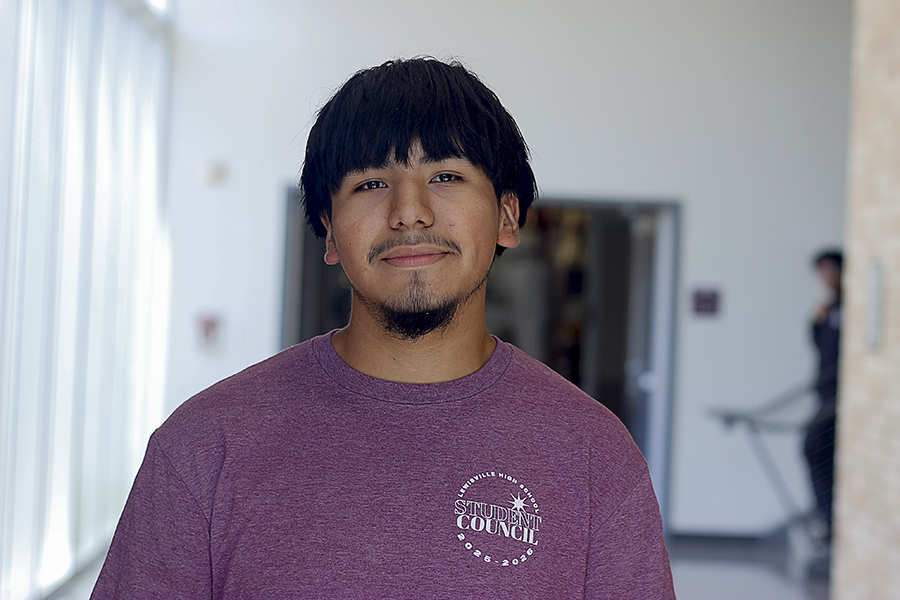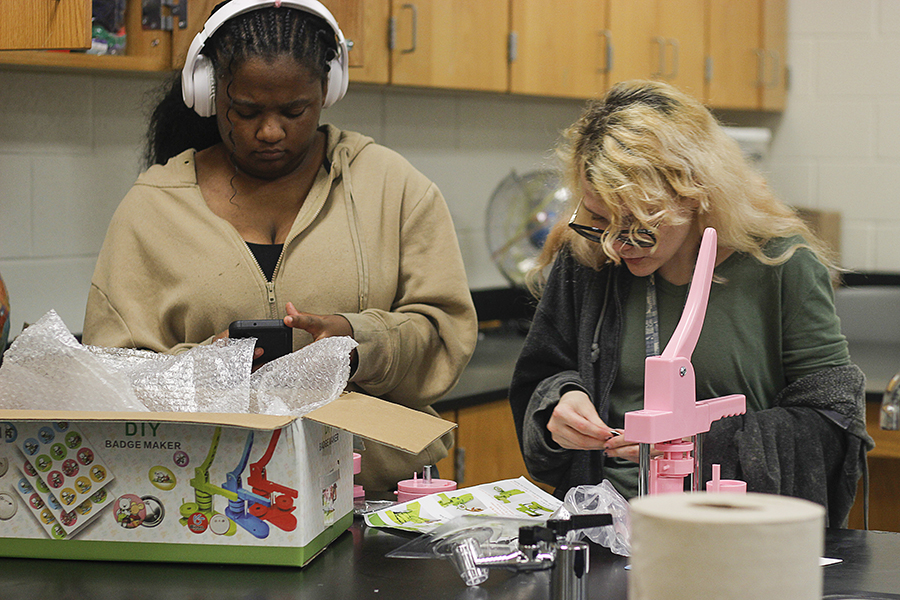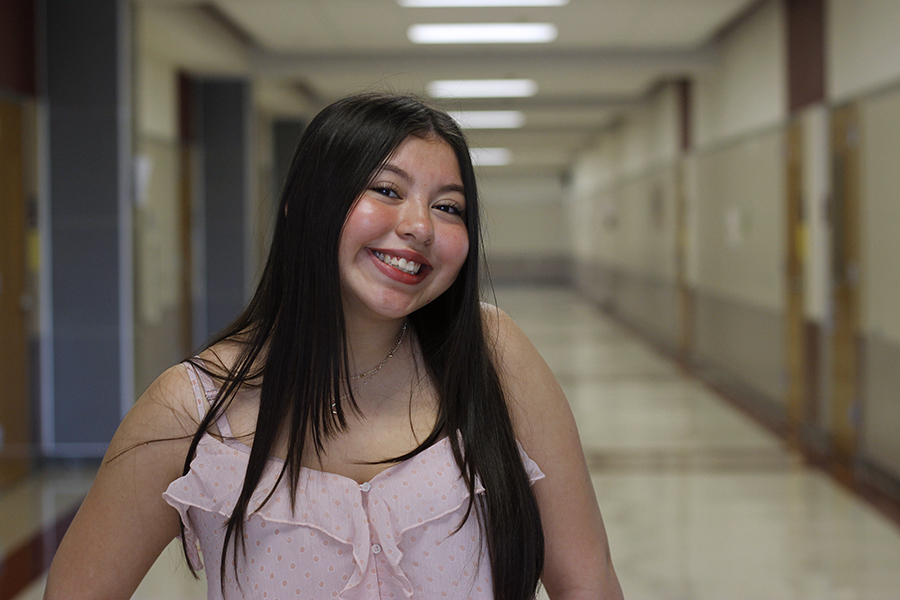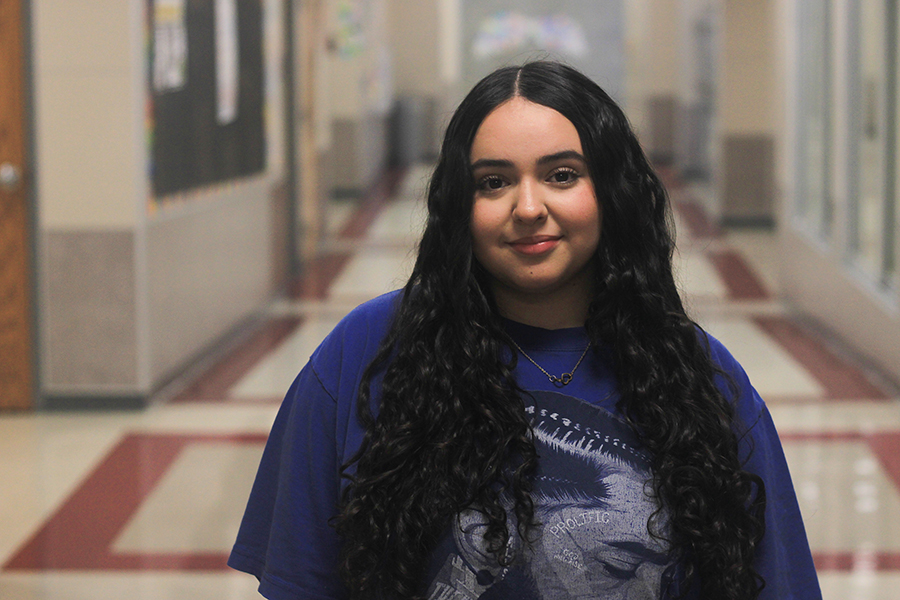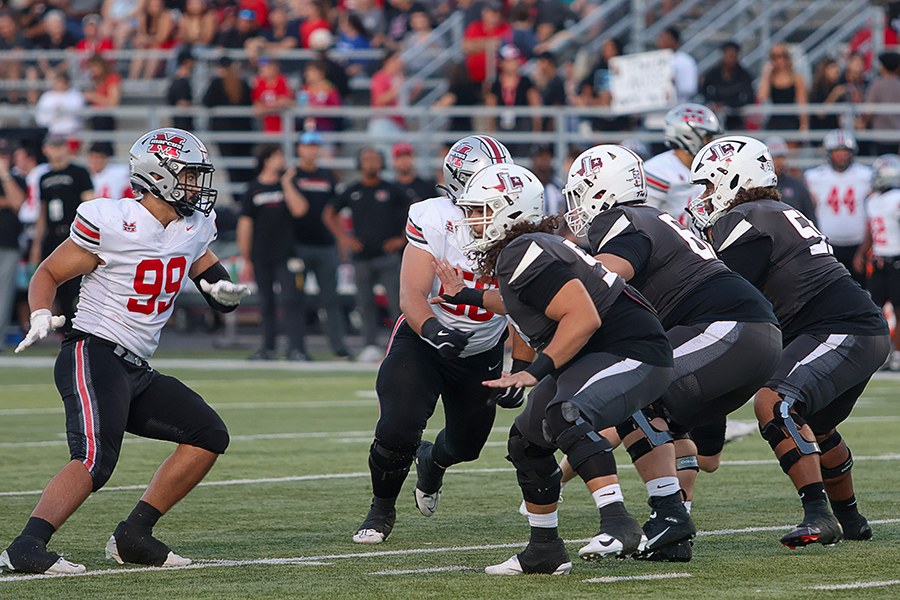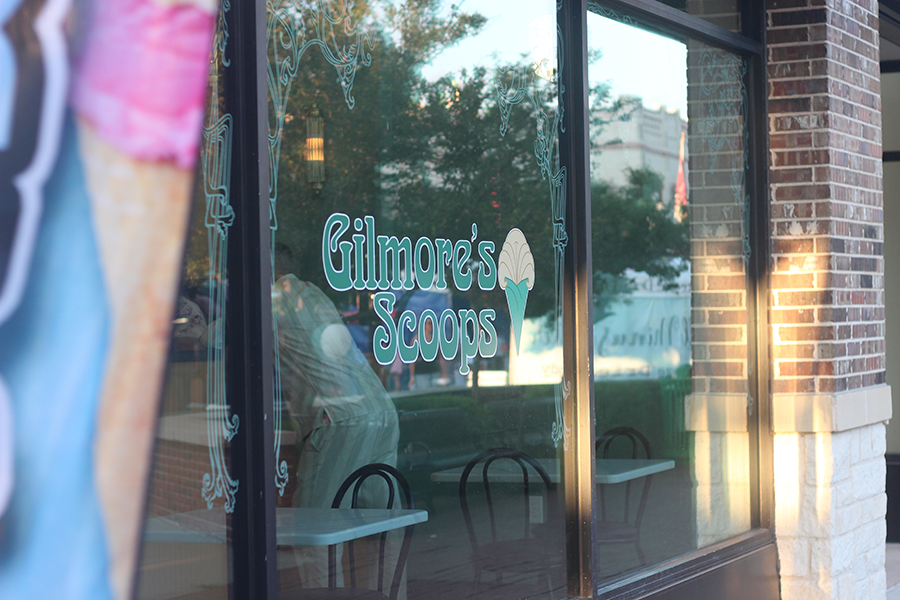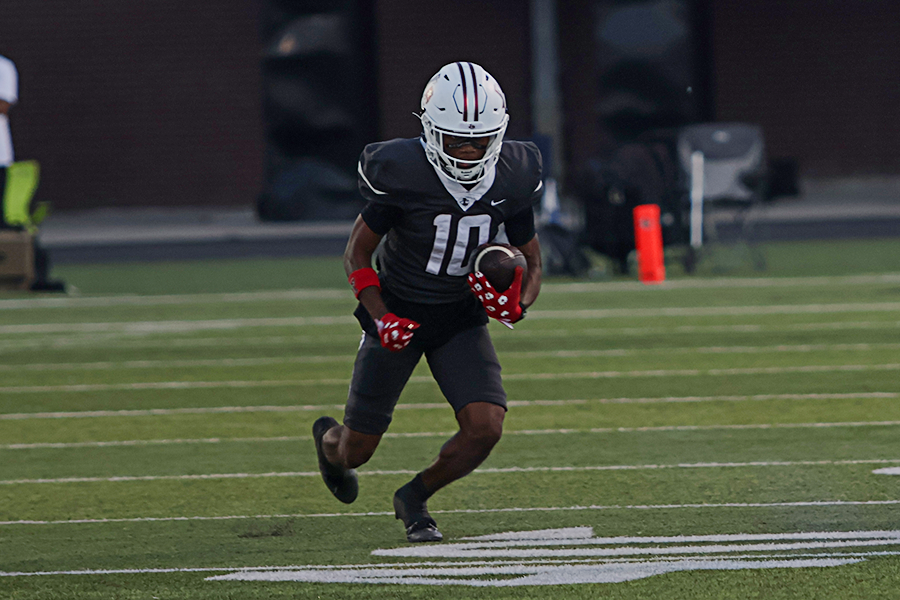Preparing for college can be a frightening and difficult process that might feel confusing. There are different ways to go through the process without it being overwhelming.
Choosing a career or profession to pursue is not always easy, and it’s all right not knowing what to do as it’s a process that takes time.
“There’s no age where you should start thinking about [college],” college counselor Debbie Lewis said. “It’s just being aware of ‘What do I enjoy?’ ‘What do I think I would like to do?’ I have a lot of students who are very successful in college, and when they go into college, don’t really know what they want to do.”
Joining classes or organizations that coincide with what students want to study can be beneficial for their resumes as colleges look at high school involvement.
“So any dual credit classes, if you can’t take dual credit classes, any AP classes, and then take the test to get the credit,” AVID teacher Lois Hardaway said. “I’m glad English is a required course all the way through senior year, but students really need to focus on the writing element, no matter what their major is going to be.”
Senior Heaven Williams is taking up fashion design, so she can have her own fashion design business in the likes of Gucci or Chanel. She plans to apply for the University of Fashion Institute of Technology in New York to achieve what she has worked for in high school.
“I’m in AVID and NHS,” Williams said. “NHS is more or less just kind of like a thing I do because it looks nice on college applications. And AVID looks nice on college applications. But then it also is something that helps prepare me to remember to put things in my planner to write things down that are important and remember dates and stay organized.”
Colleges look for how involved students are in school in order to accept them in, they need to have an idea of how future students are.
“To be honest, colleges want to know that a kid is well rounded,” AVID counselor Maria Ortiz said. “A college wants to know you are booksmart as well as social and you have good social skills to be around other people.”
The cost of college may deter students from applying. If students are struggling with money and don’t know if they can afford it, it’s encouraged to fill out the FAFSA.
“FAFSA is the application you fill out so the government can look over your family’s financial situation and see if they feel like you are in financial need of a grant or various scholarships,” Hardaway said. “You can always refuse the loans if you want to, but you can accept the grants and scholarships, you don’t have to pay those back. But that is the form where you can just fill that out and that will get you the majority of money you need.”
College may require resumes or letters of recommendation, especially if applying for scholarships. These resumes and letters of recommendation allow schools to learn more about students’ high school experiences.
“Any volunteer work, any extracurricular activities, you know, anything at all counts,” Hardaway said. “Even if you don’t have time to do that, and you’re working a job, you can put that on your college resume because I hardly had any extracurricular [or] volunteer work. I just made sure they knew I was working 40 hours a week, and I think that really helped me.”
A letter of recommendation is required often as not enough schools ask for them, counselors stress to choose wisely when it comes to asking for letters of recommendation than most teachers.
“My advice is always to go to a teacher that is the most familiar with you and where you are at in a course in class where you excel,” Lewis said. “Counselors don’t know their students like a teacher would know because a teacher sees them for an hour and a half every single day, so the teacher can speak to their work, to that student’s work ethic and to their character and potential.”
Applying early for a scholarship program or a college is always important and starting the process once the school year starts as deadlines come up quickly through the year.
“I think it’s important because you have to get that early start, that foundation,” Williams said. “So then you’re not struggling and scrambling later on in the year or right before colleges start sending out acceptance letters.”
Community colleges don’t require much prep as it’s easier to get in than a university, but there’s not as much of a rush when it comes to community or public colleges.
“Now is the time to start applying for those kinds of colleges and any other four-year university,” Lewis said. “If you’re thinking of starting at a community college, you can wait until the spring of your senior year, January, February in that neighborhood to start applying.”
The SAT and ACT are highly recommended by colleges and universities to see if students have the capability to join.
“It’s an easy way for most colleges to determine your potential for learning, that’s kind of their mantra,” Lewis said. “Most of the colleges are still using the test optional requirement, which means you don’t have to take it in order to go there. I would recommend you take one of the tests, not both, just one, and then look at your score, and then determine is this score something that’s really going to help me or or is it really lower than what the average score that college takes.”
Most students go into the process, but don’t know where to look for the resources and apply to see if they are eligible for that school. It’s a process that takes its time, but not a process that if they miss it they can’t do it anymore, it should take its time until fully ready.
“We can get the resources, so to me the resources are the easy part,” Ortiz said. “I know how to look for it. I know where to go. I know where to go to try to apply for scholarships and the websites that have the ability for y’all to try to get scholarships. But motivation is internal. It’s hard to motivate somebody who doesn’t really want to do it, to do it. Sometimes the motivation is because that is the next step, and that’s ok. A lot of kids are scared. They’re worried because they don’t know what they’re going to study. It’s okay, the next step is to go, so if you just go and take the basics, that’s ok too.”
Preparing for college might be too much for some students, but it gets easier if the resources and help are given. AVID helps learn about scholarships, grants and FAFSA or go to the counselor and discuss it with them. Everyone can visit Lewis for more information in the college room F207 or the AVID room F211.
It’s about having the motivation to at least apply to colleges students might feel they’re not eligible for. There’s administrators around the school helping students find the right resources.
“The main thing is you got to reach out, you got to ask for help because we don’t know who needs help and who doesn’t need help,” Lewis said. “Just ask to go to the college room, find out where the college room is F207 or above the library, go to the college room and you’ll get some help. We’ll get you started and get you going on that road to college.”

